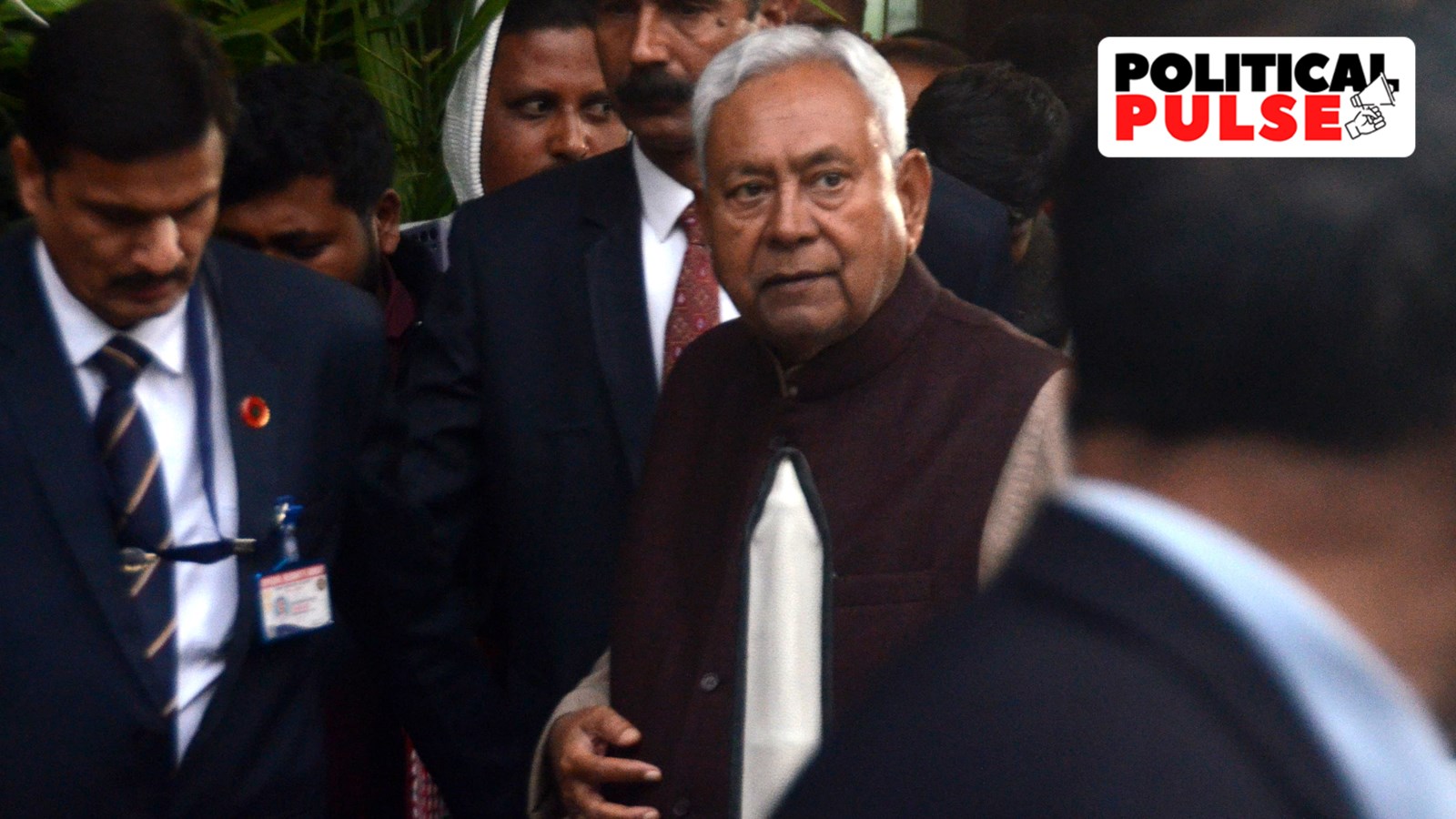 |
|
The Supreme Court of India has delivered a landmark verdict allowing the sub-classification of Scheduled Castes (SCs) and Scheduled Tribes (STs), a decision that has sparked differing reactions from political parties in the country. The ruling comes as a significant win for the Janata Dal (United) (JD(U)), the party led by Bihar Chief Minister Nitish Kumar, which has been advocating for such a move for years.
The JD(U) was the first government in India to conduct and publish a comprehensive caste survey in 2023, which included a categorization of SCs into two groups: Dalits and Mahadalits. Kumar had implemented this categorization in 2008, aiming to ensure that welfare schemes meant for SCs were distributed based on their levels of discrimination, poverty, and social position. The Mahadalit category, which encompasses 21 SC groups, is considered to be more disadvantaged compared to the Dalit group, which includes Paswans.
The JD(U) has been actively promoting over a dozen welfare schemes, skill development programs, and educational initiatives specifically targeted at Mahadalits since 2008. With the Supreme Court's verdict allowing sub-classification of SCs, the state government is now expected to address the distribution of reservation benefits among different SC groups. JD(U) advisor and national spokesperson K C Tyagi expressed his party's satisfaction with the verdict, stating that Nitish Kumar's efforts to address the needs of the most disadvantaged sections of society have been vindicated.
However, the Rashtriya Janata Dal (RJD), a key opposition party in Bihar, has voiced strong criticism of the Supreme Court's ruling, labeling it as "contradictory" and an "artificial insertion by the judiciary." The RJD spokesperson, Subodh Kumar Mehta, argued that the issue of sub-categorization had been settled during the Constituent Assembly debates and was not included in the Constitution. He asserted that Article 341, which grants the President the authority to declare certain castes and classes as SCs, can only be altered by a presidential order, leaving states without the power to interfere with the list.
Mehta's statements highlight the contentious nature of the sub-classification debate. While the JD(U) celebrates the Supreme Court's decision as a step towards ensuring equitable distribution of benefits, the RJD contends that it undermines the existing constitutional framework. The RJD also sees this verdict as reinforcing its longstanding demand for a nationwide caste census.
The BJP, another major political player in Bihar, has adopted a more cautious approach, stating that the party is still analyzing the implications of the Supreme Court's verdict. Despite previously supporting the concept of Mahadalits and the Bihar caste survey, the BJP is awaiting clarity on how the ruling will be implemented on the ground. The verdict is sure to have significant ramifications for the state of Bihar, where the SCs constitute a substantial 19.65% of the population and hold a 16% quota in reservations, which is currently divided between Dalits and Mahadalits. The impact of the sub-classification will be closely watched as it unfolds, potentially altering the political landscape and social dynamics in the state.
Source: Nitish ‘vindicated’: JD(U) hails SC verdict on sub-classification; RJD calls it ‘contradictory’
